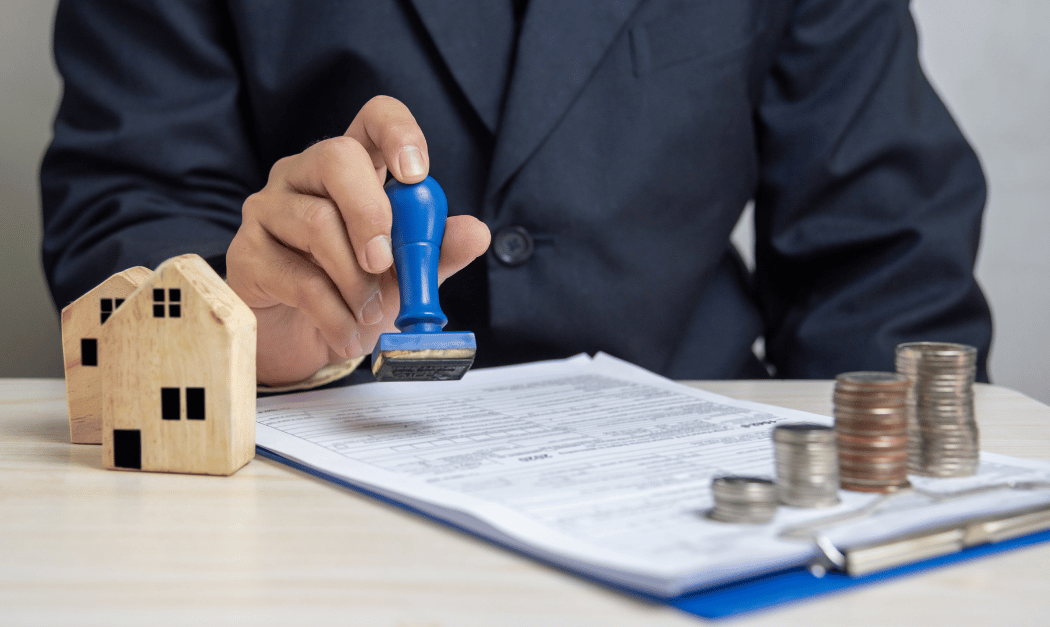If you’re planning to buy a home in Australia, it’s essential to understand the role of a conveyancer or solicitor in the home-buying process. These professionals help ensure that the legal aspects of buying and selling property are carried out smoothly and efficiently, providing you with the peace of mind that your investment is protected. In this comprehensive guide, we’ll delve into the importance of conveyancers and solicitors, their responsibilities, and how they can help you navigate the complex world of property transactions.
What is a Conveyancer?
A conveyancer is a professional who specialises in the legal processes involved in buying and selling real estate. They are responsible for preparing, executing, and lodging the necessary legal documents to ensure a smooth property transfer. While conveyancers are not lawyers, they are highly trained and licensed professionals with expertise in property law.
What is a Solicitor?
A solicitor is a qualified legal professional who can provide a broad range of legal services, including conveyancing. Solicitors in Australia must hold a legal practice certificate and adhere to strict professional standards. While some solicitors specialise in property law, others may have a more general practice, providing legal advice and representation across various areas of law.
Conveyancer vs. Solicitor: Which One Should You Choose?
The choice between a conveyancer or a solicitor ultimately depends on your specific needs and the complexity of your property transaction. Generally, a conveyancer is a more cost-effective option for straightforward property transactions, such as buying or selling a residential property. A solicitor may be a better choice if you require legal advice beyond the scope of conveyancing, or if your property transaction involves complex legal issues, such as disputes or commercial properties.
The Role of a Conveyancer or Solicitor in the Home Buying Process
1. Pre-Contract Stage:
a. Reviewing the Contract of Sale: Your conveyancer or solicitor will review the Contract of Sale to ensure it is fair and complies with the relevant legislation. They will also advise you on any potential risks or issues that may arise during the transaction.
b. Title Searches: They will conduct a title search to confirm the property’s ownership and identify any encumbrances or restrictions, such as easements or caveats, that may affect your use of the property.
c. Property Enquiries: They may undertake additional searches and enquiries to obtain further information about the property, including zoning, council rates, and any proposed developments that may impact the property’s value or enjoyment.
2. Exchange of Contracts:
a. Ensuring Contractual Obligations: Your conveyancer or solicitor will ensure that both parties meet their contractual obligations during the exchange of contracts, such as paying the deposit and signing the contract.
b. Cooling-Off Period: They will explain the cooling-off period and your rights to terminate the contract during this time, as well as any fees or penalties that may apply.
3. Pre-Settlement Stage:
a. Mortgage Documentation: If you are taking out a mortgage, your conveyancer or solicitor will liaise with your lender to ensure all mortgage documentation is correctly prepared and executed.
b. Stamp Duty: They will calculate and arrange payment of stamp duty on your behalf.
c. Adjustments: They will prepare a Statement of Adjustments outlining the apportionment of expenses, such as council rates and water charges, between the buyer and seller.
4. Settlement Stage:
a. Settlement Date: Your conveyancer or solicitor will confirm the settlement date with all parties involved, ensuring that all necessary documents and funds are ready for settlement.
b. Final Inspection: They will advise you on conducting a final inspection of the property before settlement to identify any issues or defects that may need to be addressed.
c. Settlement Process: On the day of settlement, your conveyancer or solicitor will coordinate with the seller’s representative and your lender to ensure the transfer of funds and property title is completed correctly.
5. Post-Settlement Stage:
a. Registration: After settlement, your conveyancer or solicitor will lodge the necessary documents with the Land Titles Office to register the transfer of the property title to your name.
b. Finalising Matters: They will also ensure that all outstanding matters are finalised, such as payment of any remaining fees or disbursements and providing you with a comprehensive summary of the completed transaction.
The Benefits of Engaging a Conveyancer or Solicitor
- Expert Knowledge: Conveyancers and solicitors have extensive knowledge of property law and the legal processes involved in buying and selling property, ensuring that your transaction is completed smoothly and accurately.
- Risk Management: They can identify and address potential risks and issues early in the process, helping you avoid costly mistakes or delays.
- Time and Stress Reduction: By handling the legal aspects of the transaction, your conveyancer or solicitor can save you time and reduce the stress associated with buying a home.
- Effective Communication: They will act as your representative, liaising with the seller’s representative, your lender, and other parties involved in the transaction, ensuring clear and effective communication throughout the process.
- Peace of Mind: Knowing that a professional is managing the legal aspects of your property transaction can provide you with the peace of mind that your investment is protected.
How to Choose the Right Conveyancer or Solicitor
- Recommendations: Ask for recommendations from friends, family, or your real estate agent, as they may have had positive experiences with a conveyancer or solicitor.
- Research: Conduct online research to find reviews and testimonials from previous clients, which can provide insights into the quality of service provided.
- Experience: Look for a conveyancer or solicitor with experience in handling property transactions similar to yours, as this can ensure that they have the necessary expertise and knowledge to manage your transaction effectively.
- Professionalism: Choose a conveyancer or solicitor who demonstrates professionalism and a commitment to providing a high standard of service.
- Fees and Charges: Obtain quotes from several conveyancers or solicitors to compare their fees and charges, ensuring that you understand what services are included and any additional costs that may apply.
Conclusion
The role of a conveyancer or solicitor in the home-buying process is crucial to ensure a smooth and legally compliant property transaction. By understanding their responsibilities and the benefits they can provide, you can make an informed decision when choosing the right professional to assist you in your home-buying journey. Keep in mind the tips provided in this article to help you choose the right conveyancer or solicitor to protect your interests and ensure a successful property transaction.



